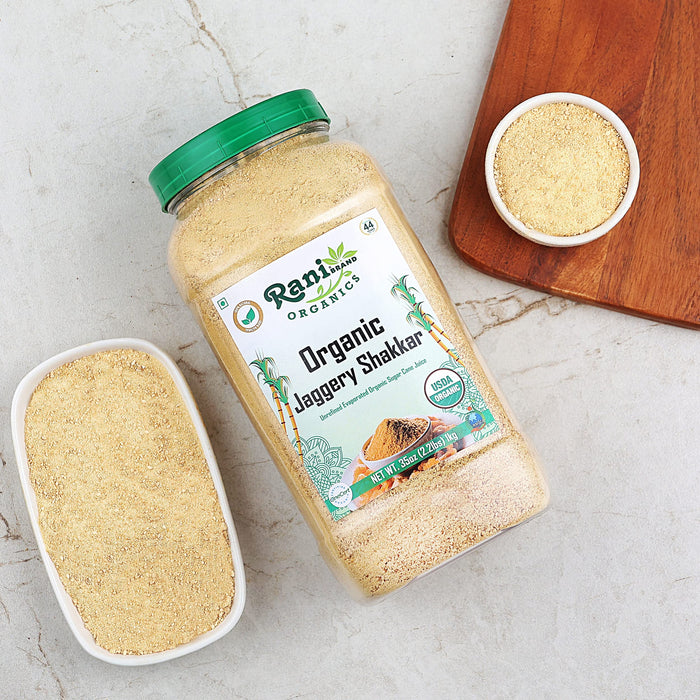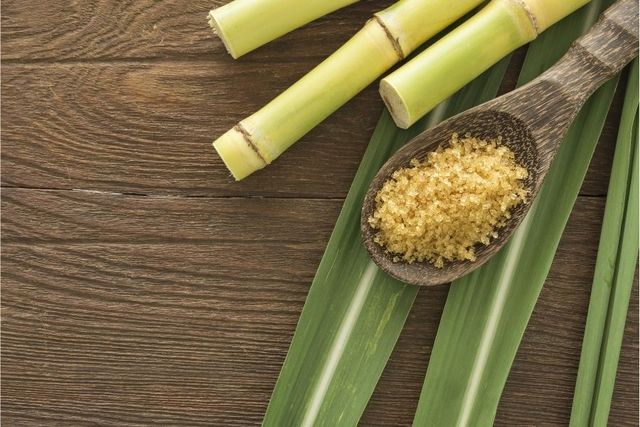Sugarcane Product: A Healthy Sweetener for Health-Conscious Individuals
Sugarcane Product: A Healthy Sweetener for Health-Conscious Individuals
Blog Article
Sustainable Sugarcane Products: From Sweeteners to Eco-Friendly Product
The possibility of sustainable sugarcane products prolongs beyond standard sugar to include a variety of eco-friendly products, providing an engaging situation for their combination right into modern customer practices - sugarcane product. As the globe comes to grips with pushing ecological issues, sugarcane arises as a functional source capable of resolving both nutritional needs and sustainability objectives. This discussion will explore how developments in sugarcane farming and processing can result in considerable advancements in biodegradable product packaging and eco-conscious fabrics. What implications might these developments have for future customer selections and environmental influence?
Review of Sugarcane Sustainability
As the demand for eco-friendly items expands, comprehending sugarcane sustainability ends up being increasingly vital. Sugarcane, a functional crop, is cultivated largely in subtropical and exotic areas, and its sustainability is essential for both ecological wellness and economic stability. Sustainable sugarcane farming practices focus on decreasing ecological influence while optimizing performance and earnings.
Trick facets of sugarcane sustainability consist of reliable land usage, lowered chemical input, and enhanced water management. Practices such as plant turning, incorporated bug monitoring, and natural fertilizing add to soil health and wellness and biodiversity. Furthermore, innovative innovations, such as accuracy farming, help maximize source use and decrease waste.
Additionally, sugarcane is a sustainable resource, with spin-offs that can be made use of in various sectors, from biofuels to naturally degradable plastics, thereby decreasing reliance on nonrenewable fuel sources and decreasing carbon impacts. Qualifications like the Bonsucro conventional urge sustainable practices throughout the supply chain, advertising transparency and liability.

Sugarcane-Based Sweeteners
Making use of sugarcane as a main source, sugarcane-based sugar have obtained prominence as natural choices to polished sugars and sweetening agents (sugarcane product). These sweeteners, stemmed from the removal and processing of sugarcane juice, supply a variety of items that deal with varied customer choices, consisting of organic and minimally refined options
Among the most significant sugarcane-based sweeteners are raw walking stick sugar, panela, and molasses. Raw walking stick sugar preserves even more of the all-natural flavors and nutrients discovered in sugarcane, making it a popular option for health-conscious customers. Panela, a traditional Latin American sweetener, is created by evaporating sugarcane juice, maintaining its natural minerals and vitamins. Molasses, a result of sugar extraction, is rich in antioxidants and vital nutrients, offering as a healthy sweetening agent in different cooking applications.
The expanding demand for sugarcane-based sweeteners is driven by raising understanding of health and wellness and sustainability issues linked with conventional sweeteners. By choosing sugarcane-derived products, consumers not only support lasting agricultural methods however likewise add to a much healthier way of living, aligning their nutritional selections with their ecological values.
Biodegradable Packaging Solutions
Becoming a feasible option to standard plastics, naturally degradable packaging options stemmed from sugarcane are transforming the product packaging sector. These cutting-edge materials supply an eco-friendly option that deals with the growing worries over plastic air pollution. Using the natural sugars discovered in sugarcane, manufacturers are establishing various kinds of eco-friendly packaging, consisting of films, containers, and covers that break down a lot more quickly than standard plastics.
The main benefits of sugarcane-based product packaging lie in its eco-friendly sourcing and its ability to damage down into non-toxic results. Unlike fossil fuel-derived plastics, which can continue the atmosphere for hundreds of years, sugarcane packaging commonly disintegrates within a few months under appropriate problems. This reduction in waste not just minimizes land fill overflow read the article but also decreases the carbon impact associated with packaging materials.
Additionally, sugarcane-derived product packaging maintains durable efficiency attributes, providing equivalent sturdiness and functionality to conventional alternatives. As customers and businesses progressively prioritize sustainability, the fostering of naturally degradable packaging solutions represents a considerable action in the direction of a circular economy, where materials are recycled and regrowed instead than disposed of. This change not only improves brand name picture however additionally adds to a much more sustainable future for the world.
Eco-Friendly Textiles and Fabrics
Green fabrics and fabrics are obtaining traction in the fashion and home products industries as customers significantly demand lasting choices to standard materials. Among the noteworthy options are fabrics derived from sugarcane, which supply an ecologically responsible alternative to artificial fibers. These fabrics are produced via a process that makes use of the renewable resources located in sugarcane, considerably reducing dependence on petroleum-based materials.

Brands are progressively integrating environment-friendly textiles into their product, reflecting a wider dedication to sustainability. This change is not simply a pattern but a necessary advancement in action to ecological concerns. As the market for sustainable fabrics broadens, consumers can anticipate innovative layouts that incorporate style with environmental responsibility. Inevitably, eco-friendly fabrics and textiles stand for a significant step toward reducing the apparel industry's ecological footprint while accommodating the growing need for accountable customer options.
Technologies in Sustainable Farming
Revolutionizing farming methods, innovations in sustainable farming are changing the way plants are grown and managed. These developments concentrate on decreasing ecological influence while taking full advantage of performance and efficiency. Techniques such as accuracy agriculture make use of data analytics and satellite imagery to enhance resource use, ensuring that water, plant foods, and pesticides are applied just where required. This targeted approach not just minimizes waste yet additionally boosts crop returns.

Moreover, agroecology, which integrates eco-friendly concepts right into farming, promotes biodiversity and soil health. Practices such as crop rotation, cover cropping, and intercropping foster resilient communities that can endure pests and environment variations - sugarcane product. Additionally, the use of organic fertilizers and biopesticides adds to healthier dirts and environments

Together, these developments are not just improving the agricultural landscape however additionally adding to a much more lasting future for Read More Here sugarcane and various other plants, lining up farming practices with ecological stewardship.
Final Thought
Sustainable sugarcane products represent a significant innovation in green options, spanning from natural sugar to naturally degradable products. The cultivation of sugarcane with lasting methods not only enhances ecological wellness yet also adds to financial feasibility. As customer choices significantly lean towards lasting options, the convenience of sugarcane as an eco-friendly resource comes to be increasingly pertinent. This trajectory highlights the value of ongoing development and commitment to lasting methods within the sugarcane industry, promoting an extra sustainable future.
The possibility of sustainable sugarcane items prolongs beyond conventional sugar to incorporate a range of environmentally friendly items, presenting an engaging situation for their assimilation into modern consumer techniques. Lasting sugarcane farming techniques focus on reducing eco-friendly effect while making the most of efficiency and productivity.
Lasting sugarcane items stand for a substantial development in eco-friendly alternatives, extending from natural sweeteners to naturally degradable goods. The farming of sugarcane via lasting practices not only enhances environmental health and wellness yet likewise adds to financial practicality. As consumer choices significantly lean towards lasting options, the adaptability of sugarcane as a renewable source ends up being increasingly relevant.
Report this page